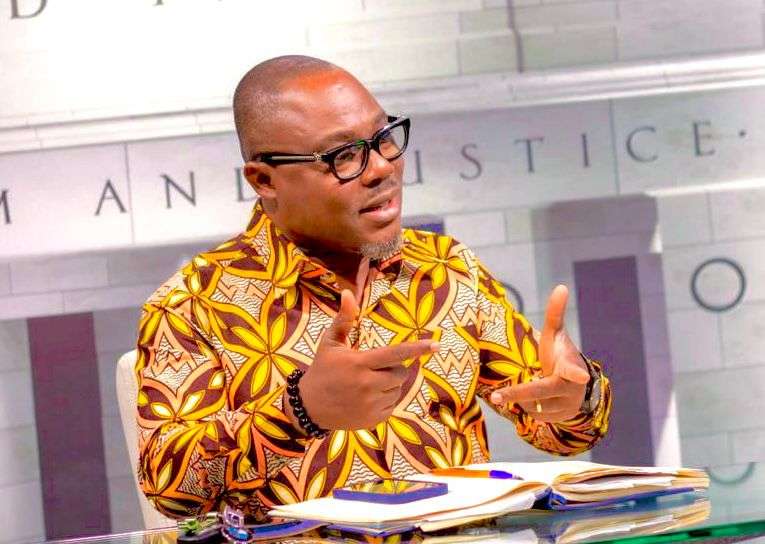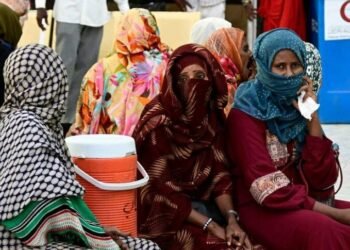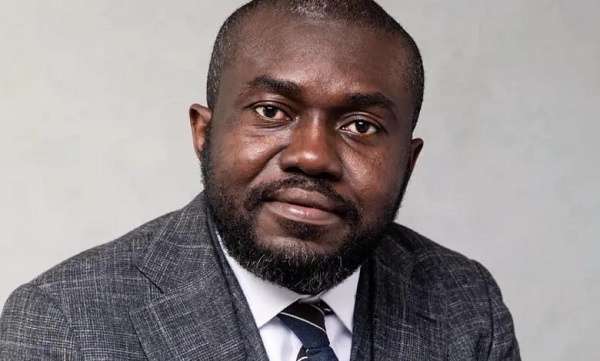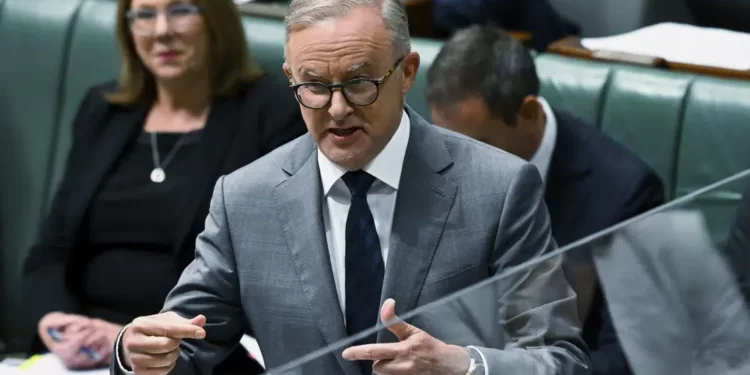Professor of Political Science at the University of Ghana, Prof. Ransford Gyampo has stated that the Electoral Commission does not have the mandate to change the date of election without parliament’s approval. He indicated that the idea to change the election date from December 7th to November 7th emanated from the Institute of Economic Affairs (IEA).
He stated that the need to make such an amendment arose from the outcome of the 2008 General Elections which resulted in a tie and subsequently two run-off elections. He specified that the run-off elections which were conducted within 21 days, as stated by the 1992 constitution, left a handful of days for the transitioning of government (power) to take place.
“I was at the IEA, we had what we called the Ghana Political Party Program… We were the first to present a proposal for electoral reforms to the Electoral Commissioner, Afari Gyan. We worked with the political parties to agree on various aspects of our electoral processes that must be fine-tuned and that must undergo reform…it emanated from us when Jean Mensah was the Executive Director of the IEA”.
Prof. Ransford Gyampo
Prof. Ransford Gyampo further disclosed that all political parties then were in agreement with the reform proposal. He revealed that the EC then formed an Electoral Reform Committee which had representatives from all political parties, the IEA, and the Civil Society Organizations (CSOs). He stated that the proposal however failed to be approved by the parliament.
More so, Prof. Gyampo accused Ghana’s political elites of negligence concerning matters that need their input. “They sit around the decision table and yet when it comes to concretizing the decision, they leave it to those who have completely no clue, no knowledge, and no information as to how a particular decision was arrived at” he stated.
The Professor of Political Science indicated that it is no surprise that the Jean Mensah-led Electoral Commission will reintroduce the proposal for electoral reforms. He declared his confidence in the EC to get these reforms instituted. However, he indicated that political parties may continue to resist these electoral reforms due to unnecessary politicking that is prevalent in Ghana’s political sphere.
EC To Adopt Proper Communication Tactics
However, the Political Scientist specified that it was reasonable for the political parties to kick against the recent reform proposal because it gave the parties little time to prepare their campaigns accordingly. He also argued that the public should have been given enough time to psych its mind about the change of election date stating that the EC was too late in presenting the proposal.
Prof. Ransford Gyampo detailed that the Electoral Commission suffers from relational incompetence. He stressed that the EC, as a body, has failed to build a good relationship with the opposition over the years. He indicated that historically, the parties in power are assumed to be in bed with the EC while opposition parties are rumored to be against it because the EC has failed to build a proactive communication channel with the general public and the opposition parties.
“Unfortunately, the Electoral Commission is always looking at the cloth of independence around it and using that to bully the parties in opposition. But you cannot bully them because without them you cannot have an Electoral Commission. Even the institutional peace that you require to do your work, you will not have it… It is not good for national peace”.
Prof. Ransford Gyampo
Moreover, Prof. Gyampo advised the EC to constantly assert its independence from all parties in government as an autonomous public institution. He emphasized that the EC should adopt a more relaxed and informal channel of communication with political parties by leveraging personal relationships as formal dialogue does not always work.
The Electoral Commission of Ghana has recently reneged on its decision to change the date of the election from December to November and the use of indelible ink. The EC, however, clarified that it will continue to present the reform proposal to the parliament to be approved and instituted as these reforms are essential to conducting a judicious election.
READ ALSO: GUTA Expects More Relief For Businesses From President’s SONA


















